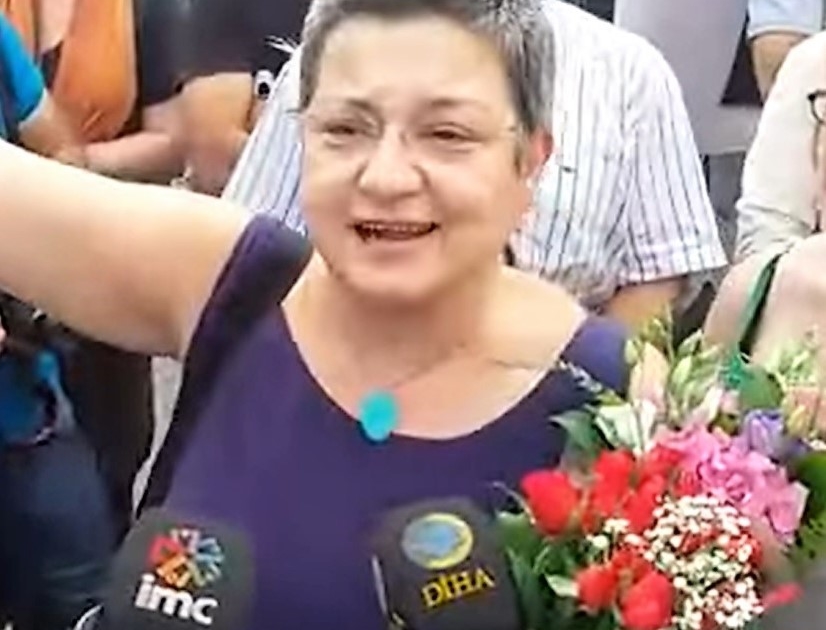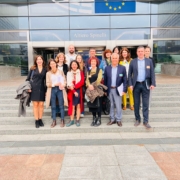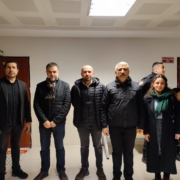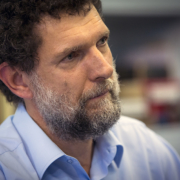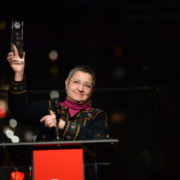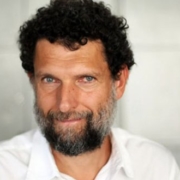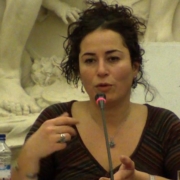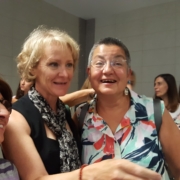Indictment report in case of Prof. Dr. Şebnem Korur Fincancı
An analysis of the indictment against Human Rights Defender Şebnem Korur Fincancı
PEN Norway’s Turkey Indictment Project continues with four new indictment reports researched and authored by four leading international human rights lawyers and academics in 2023.
These reports represent a new analysis of indictments that directly concern freedom of expression in Turkey and those that particularly target journalists, politicians, human rights defenders and lawyers.
The report published today analyses the indictment written in November 2022 against Lawyer Şebnem Korur Fincancı
Read the full report in English
Raporun tamamını Türkçe olarak buradan okuyabilirsiniz
Şebnem Korur Fincancı MD is one of Turkey’s leading human rights defenders and an internationally-recognized forensic expert. She is currently the president of the Turkish Medical Association, and an executive board member of the Human Rights Foundation of Turkey. Dr. Fincancı is one of the authors of the Istanbul Protocol, the The Manual on the Effective Investigation and Documentation of Torture and Other Cruel, Inhuman or Degrading Treatment or Punishment. Fincancı was also one of the 2212 academics known as the “Academics for Peace”. She was prosecuted for signing a petition condemning the curfew in the south-east of Turkey and demanding peace. She was acquitted at the end of the trial.
Fincancı was previously prosecuted along with journalist Erol Önderoğlu and academic Ahmet Aziz Nezin for her work as a guest editor at Özgür Gündem newspaper during a country-wide solidarity campaign in 2016. She was acquitted in 2019 in a trial monitored by PEN Norway. However, the Istanbul Regional Court of Appeal reversed the judgment and along with other defendants, Fincancı will be on trial again.
In relation to this more recent indictment, Fincancı was arrested for an interview she gave on allegations that the Turkish armed forces had used chemical weapons in the Kurdistan Region of Iraq. In the interview, Fincancı emphasised the need for an independent investigation and stated that she could only comment on whether chemical weapons had been used after an official forensic examination had been carried out. Although Fincancı’s statements were entirely within the scope of freedom of expression, she was arrested on charges of disseminating propaganda for a terrorist organisation under Article 7/2 of the Anti-Terror Law No. 3713 and afterwards she was sentenced to 2 years 8 months 15 days imprisonment. The case is still before the Istanbul Regional Court of Appeal.
Prof. Helen Duffy evaluated the indictment against Korur Fincancı in the light of international law and stated that “the crimes alleged, the factual basis set out in the indictment and the evidence referred to are manifestly insufficient to constitute reasonable suspicion of criminal activity. The indictment is, on its face, flagrantly incompatible with Turkey’s obligations under international human rights law detailed in this indictment review.”
Due to the ongoing crisis in the judiciary and deteriorated state of the rule of law in Turkey we will continue to analyse indictments that directly concern freedom of expression in 2024.

